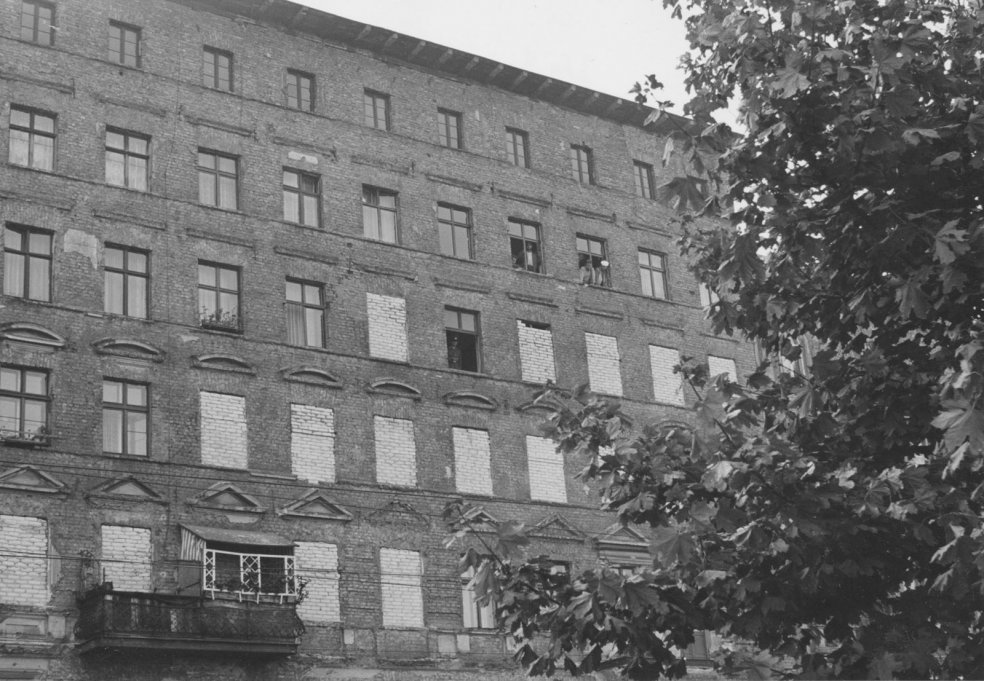Western Press Comments
In the "New York Herald Tribune" of 19.9.1961, the American journalist Walter Lippmann calls for "new decisions" in the face of the physical division of Germany, which, he says, has become accomplished fact through the building of the Wall - which has been accepted by the entire NATO alliance. He writes that the fact of division, which the West has not yet admitted, must be recognised. "The decision confronting the West Germans is whether they wholeheartedly hold to the West – to NATO, to the Common Market, to the United Nations and to the network of political and cultural ties that make up Western society. Or whether they remain with the West, but with some mental reservations, such as wanting to negotiate a reunification with the Soviets. I don’t mean the Germans can or should abandon the idea of reunification. But they will have to wait a long time for it, and a lot will have to happen to make it finally possible."
In "Christ und die Welt" of 22.9.1961, Sebastian Haffner comments on the rupture caused by 13 August 1961: "After the space of four weeks, something that may have gone more or less unnoticed in the turbulence of daily events now strikes the eye with full force: the epochal change brought about by the catastrophe of 13 August. It was not Ulbricht’s action that was catastrophic and transformed the world: it had already been in the air, even if it had not been expected until after the peace treaty. What was catastrophic, what still echoes on hollowly, was the absolute passivity of the West, the complete perplexity, helplessness and lack of comprehension with which the Berlin protective powers, including the materially still strongest power on earth, America, let the bone be taken from their mouth like an overly tame poodle. The communiqué, na"ve to the point of virtual insanity, with which Mr. Rusk (whom I got to know ten years ago as an amiable ministerial official) calmly acknowledged this enormity on the very same evening, the almost relieved, almost pleased realisation that the measure was directed only at East Berliners and East Berlin, made it clear to the entire world that the present leaders of America not only allow their most important rights to be taken from them without offering resistance, but that they don’t even notice when they are taken. Since then, nothing has been the same as it was: we live in a world that has changed, and changed very much for the worse. (…) The West is no longer active in Berlin. At best, it reacts, and often not even that. This is a great cause for bitterness."
Under the question "Why the 13th of August Would Have Been Avoidable" in the paper "Die Zeit" of 29.9.1961, Marion Dönhoff maintains that, if the NATO foreign ministers’ conference that took place from 5-8 August 1961 in Paris had put forward a definite blueprint for East-West negotiations, as the Americans and English had originally intended, "Khrushchev would certainly not have taken the risk five days later of breaking, unilaterally and by force, the Four-Power status of Berlin – for at the time he still considered that a risk."
less









